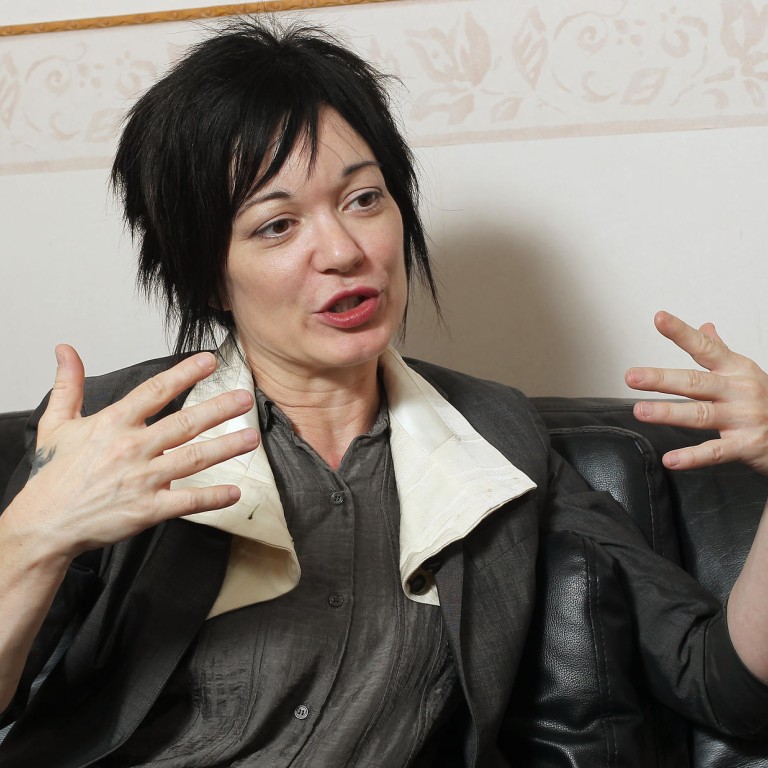
Wikipedia fails to bridge gender gap
Just 20pc of Wikepedians who update the web site are women, and outgoing executive director laments her failure to solve the imbalance
Search "abortion" on Wikipedia's English version and you will find a page called "Abortion-rights movements". It has been edited 40 times since it was created - mainly by men.
"C'mon, guys are arguing about what's in that pregnancy article - are you kidding me?" said Sarah Stierch, 32, a former Wikimedia Foundation member who was given the task of examining the gender gap within the Wikipedia world.
There is a similar story for the entry on rape. Indeed, men dominate Wikipedia when it comes to most topics.
The lack of women's contributions has been a hot topic at this year's Wikimania conference in Hong Kong, which ends today.
Stierch was recruited in 2011 by Sue Gardner, executive director of the Wikimedia Foundation, which employs 150 people to run 13 non-profit information-sharing projects, including Wikipedia, Wikimedia Commons and Wiktionary.
Gardner, the organisation's highest-ranking woman, yesterday confirmed she will leave the foundation in December because she believes there is a bigger job at hand, protecting the freedom of the internet.
That stubborn gender gap, however, remains a disappointment.
"I didn't solve it. We didn't solve it. The Wikimedia Foundation didn't solve it. The solution won't come from the Wikimedia Foundation."
Instead, she said, it had to be solved by the community it served, with women stepping forward to take a more active role.
Gardner accepted the job in 2007 and had no idea of the gender imbalance in the Wikipedia world until a Wikiwomen gathering in Taipei later that year.
She was shocked to find there only 11 of the 400 participants were women, and only one was a parent. "It seemed likely that the kind of women who got involved with Wikipedia were in some ways not similar to the population of women as a whole," Gardner said. "There was something unusual about them."
According to organisers of this year's Wikimania, by July 30 women accounted for only 20.9 per cent of registrations online.
Gardner thinks that with the medium dominated by highly educated males and relying on word-of-mouth to expand, it will never "naturally grow to be as diverse as it otherwise could have been".
Also, she said in the very limited leisure time women had, they tended to be more involved in social activities instead of editing Wikipedia.
"Women see technology more as a tool they use to accomplish tasks, rather than something fun in itself," Gardner said.
The Wikipedia Foundation has tried various ways to encourage women's participation. It developed Visual Editor - a more blog-like, user-friendly editorial tool - and created GLAMWiki targeting women working in galleries, libraries, archives and museums. Gardner has even written editorials on the gender issue.
But to little avail.
"There are only 1,500 articles about women scientists in Wikipedia. We are missing at least half of them," said Emily Temple-Wood, a 19-year-old student from Loyola University in Chicago. She has been writing about female scientists on Wikipedia since middle school.
Gardner's departure and the likelihood of her successor being a male worries some female Wikipedians. They fear that without her influence and with one less woman on the board, the gender gap will widen.
Gardner disagrees. She sees it as a mission in which everyone has a role to play.
